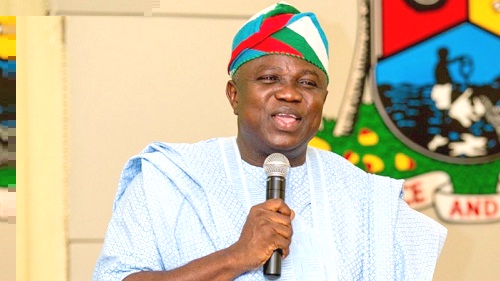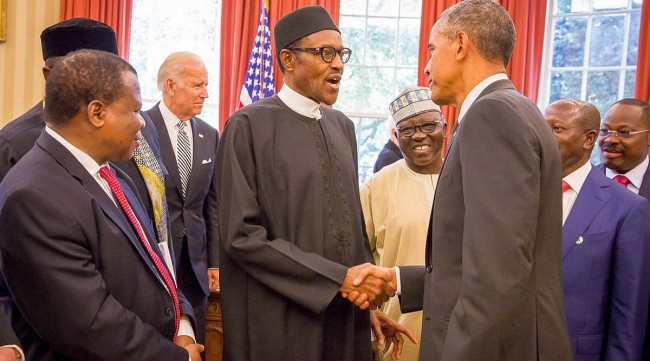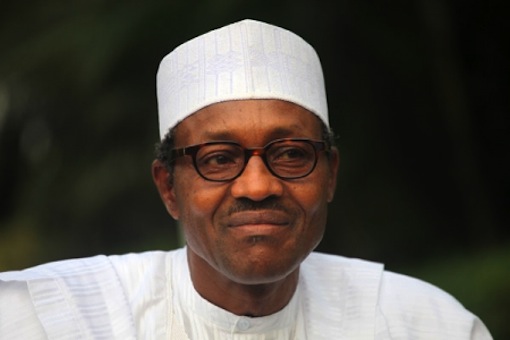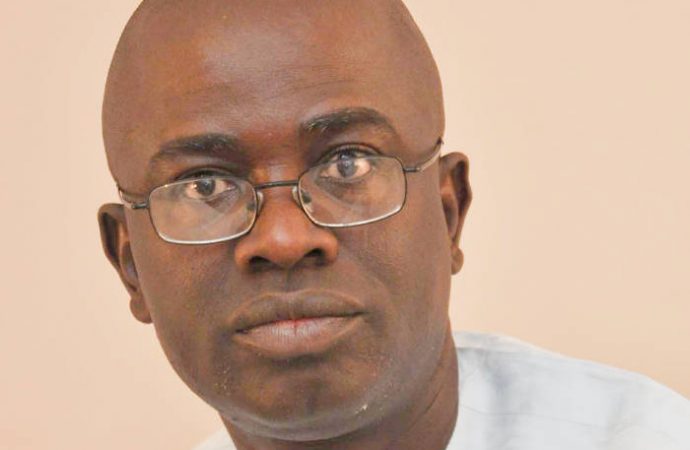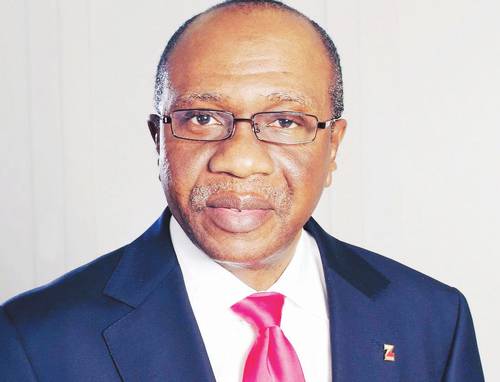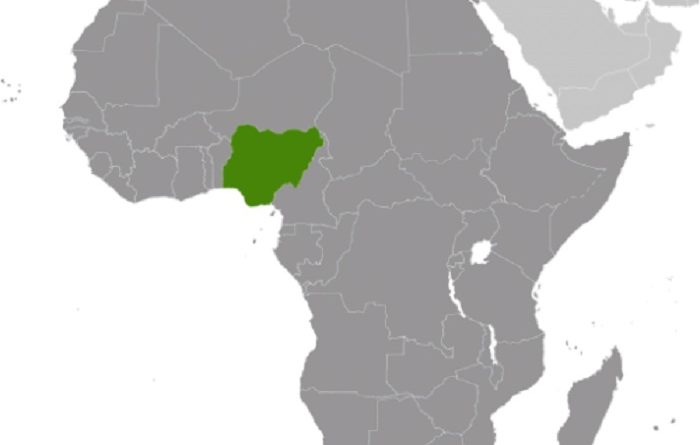Author Box |
 Abiola Benjamin Obayomi Abiola Benjamin ObayomiReal Estate is my Profession. The change we need in Nigeria begins with all of us doing things differently. Collectively, we can make Nigeria work. Joined 10 years ago From Abuja, Nigeria Total Articles 339 Recent Articles From Author # The Synergy that Drives Leadership and Organizational Effectiveness # How to Make the Word of God Work for You # Why Are Many African Nations Not Led by Their Best Minds, Hands & Hearts? # The Signification of Our Body as the Temple of God Order your favourite books online now, Save the stress & Pay online or with cash at Your Doorstep! |
 |
|
Home >>>Business and Economy Udoma Udo Udoma: Building A Competitive Economy For The Future By Abiola Benjamin Obayomi Mar 10, 2017 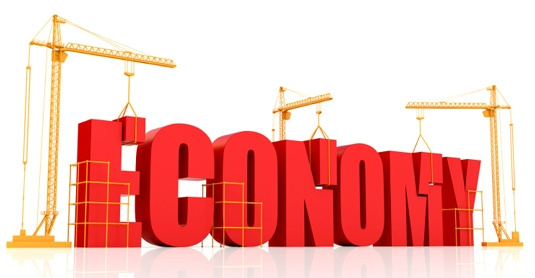 Nigeria’s GDP performance improved slightly in the 4th quarter of 2016, and showed us a route to recovery. The current recession has affected all of us. But the root causes of it are deep, and they must be addressed if we are to build a more sustainable and competitive economy. We must understand the causes of our economic malaise in order to implement solutions that are sustainable. Nigeria’s economy has been structurally weak for decades. Our oil wealth has disguised the fundamental structural weaknesses that we have, and while the cash flowed many of those weaknesses were overlooked. We were complacent. We did not do the work that was needed to develop the broader economy and we are suffering the consequences today. This is not because we did not know what needed to be done. The last two decades are full of economic plans and strategies designed to address them. Our challenge has been, principally, in implementation. Nigeria needs to build an economy that is not only resilient, but globally competitive. We have been focused on that since taking office, through our Strategic Implementation Plan (SIP), which has provided a platform. The evolution of the SIP is the Nigeria Economic Recovery and Growth Plan (NERGP), which we have unveiled this week. The NERGP provides a framework for implementation from 2017-2020, but does not mean we must wait until 2020 to see progress. The plan is focused on generating concrete and visible impact by the end of 2017, and many of the initiatives incorporated within it have been under way since 2016. We are not starting from scratch and the work that we have done so far, is already beginning to show dividends. We are absolutely committed to delivering the implementation of the plan and we have the political will, determination and the leadership to achieve this. We have three core objectives. Restoring growth, investing in our people and building a competitive economy. These are delivered through five execution priorities. The first is to stabilize the macro-economic environment. We must increase revenue and cut costs. We will then focus on the four pillars of future growth; Achieving agriculture and food security; Ensuring energy sufficiency in power and petroleum products; Improving transportation infrastructure, and driving industrialisation through local and small business enterprise. These objectives and priorities are underpinned by a robust delivery and monitoring mechanism to ensure that we are laser focused on implementation. Our lack of infrastructure is our Achilles heel. It means that the food we eat is more expensive, individuals and businesses have to generate most of the electricity they require, far too few people have access to running water and travelling around the country is a slow and difficult process. But beyond the effect this infrastructure deficit has on people’s daily lives, it has a hugely detrimental impact on our economic performance and the profitability, and often the viability, of our companies, which further impacts the lives of all our citizens. The better our economic performance, the more revenue the government will have to spend and the more it can do to address these deficits. That is why our 2016 and 2017 budgets were structured to deliver investment in transport and energy infrastructure. We will borrow to build the foundations for future growth. Our non-oil revenue has been traditionally unacceptably low. Delivering growth in agriculture, while ensuring that our industrialisation strategy is broad based (focused on SME’s) rather than reliant solely on large scale projects, is critical to reversing this. However, Government resources will not be sufficient to address all our infrastructural challenges. The Plan also provides for Government to partner with private and development capital from both within, and outside the country, to leverage and catalyse additional resources needed to grow the economy, and bring about prosperity. Underlying each of our priorities is a common requirement. We must invest in the skills of our workforce. Unemployment is too high, and the skills gap is too great. To be competitive globally, we must address the way in which we train, and build capacity. That is a core focus of this plan. We want to build an economy fit for the future, and that can only be done using our most precious, but most under-utilised resource, our people. It is why the plan places emphasis on building capacity in education, healthcare, social inclusion, job creation and environmental sustainability. Many of the initiatives this administration has already developed and rolled out have been focused on delivering basic needs for the most vulnerable in our nation. Our social investment programmes are examples of this focus. While the scale of our task is very large, we are already seeing the dividends of some of our work. Our focus on Agriculture and Solid Minerals has resulted in some growth in those two sectors in 2016. However, given the current recession, revenues continue to be challenged. But we believe that with the current outlook of stable oil prices and increasing production, it can only improve. Our tax base in Nigeria is 6% of GDP compared to an average of 16% across the rest of Africa. This is clearly far too low and there is room for significant improvement in expanding the tax base. There is much more work to do, but we are on the right track. The Presidential Enabling Business Environment Council (PEBEC) is also delivering results. Since its launch in the last quarter of 2016, we have seen the processes for obtaining visas streamlined considerably, with visas now available on arrival. There is much more to come and you will be hearing from that team over the coming weeks as they roll out the 60-day action plan to ‘Make Business Work’. While the past 18 months have not been pleasant for Nigerians, they have served to show us a way to a future in which we will work our way out of the current recession and onto a path of sustained, diversified and inclusive growth. We will need to intensify our cooperation and co-ordination with the State Governments. We will need to work closely with the private sector, and indeed, all Nigerians. It will not be easy, but this Administration has a plan to deliver. We have no doubt that, working together, we shall attain prosperity. Udoma is the minister of budget and national planning Source: TheCable
|
|||||
If you need to re-publish this ARTICLE, please cite this article - (https://cordly.ng/blog/udoma-udo-building-a-competitive-economy-for-the-future-24565/) and the Writer (Abiola Benjamin Obayomi) Do You Find This Article Helpful? | |||||
|
Article Tags: Udoma Udo Udoma, Minister of Budget and National Planning, Witicles, Nigerian Economy | |||||
| Article Source | |||||
 About Abiola Benjamin Obayomi About Abiola Benjamin Obayomi | |||||
| Social Sharing | |||||
|
If You Enjoyed This Article; Then, Share It On Your Social Network
Copy This Short Link To The Article: https://cordly.ng/i/ctAIZ | |||||
| Post Comment | |||||
|
| |||||
| Article Comments | |||||
|
No comment found! Be the first to share your thoughts on this article! | |||||
| Related Articles | |||||





